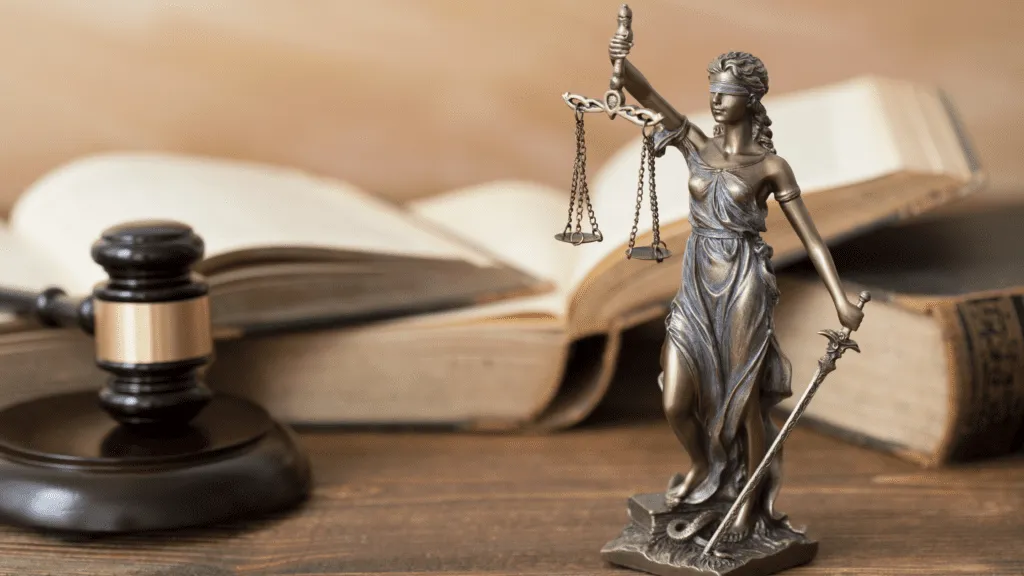Introduction
The legal profession is founded on principles of justice, integrity, and ethical conduct. However, even the most well-intentioned lawyers may find themselves entangled in ethical dilemmas, leading to the filing of a D.C Bar complaint. In this blog post, we’ll explore the nuances of ethical challenges in legal practice and gain insights from a seasoned DC Bar complaint defense lawyer. By understanding the ethical landscape, the DC Bar Admissions Process, and the role of a bar admissions attorney in Virginia and DC, legal professionals can equip themselves with the knowledge needed to navigate these complex situations and uphold the highest standards of integrity.
Understanding Ethical Dilemmas in Legal Practice
Legal practice often presents attorneys with complex situations where ethical considerations come into play. These dilemmas can arise from conflicts of interest, client confidentiality issues, or challenges in balancing zealous representation with ethical responsibilities. It’s crucial for lawyers to recognize and address these dilemmas promptly to maintain the trust of clients, colleagues, and the legal system.
The Role of a DC Bar Complaint Defense Lawyer
When faced with a DC Bar complaint stemming from an ethical dilemma, seeking guidance from a DC bar complaint defense lawyer is essential. These legal professionals specialize in navigating the intricacies of such cases, providing crucial insights and support to lawyers navigating the complaint process. Understanding their role is key to formulating a robust defense against allegations while upholding ethical standards.
The D.C. Bar Admissions Process: A Prelude to Ethical Practice
Before diving into specific ethical dilemmas, it’s essential to explore the DC Bar Admissions Process. This process serves as a foundational step in a lawyer’s career, scrutinizing qualifications, ethical standards, and overall professional conduct. By gaining insight into this process, lawyers can proactively address potential ethical pitfalls, setting the stage for a principled legal practice.
Applicants to the DC Bar and the Virginia Bar are vetted according to their educational, criminal, financial, and employment history prior to being offered admission. Often, attorney’s whose past has indicators of concern will have practice stipulations imposed or will be on the radar of bar authorities after admission.
Key Ethical Dilemmas in Legal Practice
- Conflicts of Interest
One prevalent ethical dilemma in legal practice involves conflicts of interest. Lawyers must navigate situations where their professional obligations to one client may clash with their responsibilities to another. A DC bar complaint defense lawyer emphasizes the importance of establishing clear conflict-checking protocols within a law firm and promptly disclosing potential conflicts to clients.
- Client Confidentiality
Maintaining client confidentiality is a cornerstone of ethical legal practice. However, lawyers may face situations where the duty of confidentiality conflicts with other ethical duties, such as preventing harm or disclosing information in the interest of justice. Striking the right balance while safeguarding client trust is a delicate task, and legal professionals must approach it with care.
- Zealous Representation vs. Ethical Boundaries
While zealous representation is a fundamental aspect of legal advocacy, lawyers must navigate the fine line between assertive advocacy and crossing ethical boundaries. A DC Bar complaint defense lawyer advises legal professionals to uphold their duty to the client while avoiding actions that may compromise the integrity of the legal system or harm opposing parties.
- Billing Practices
Transparent and fair billing practices are integral to ethical legal representation. However, lawyers may encounter dilemmas related to overbilling, padding invoices, or ambiguous fee arrangements. A DC bar complaint defense lawyer stresses the importance of maintaining clear communication with clients about billing practices and promptly addressing any concerns to prevent potential ethical breaches.
- Social Media and Online Conduct
The rise of social media has introduced new ethical considerations for lawyers. Online conduct, including social media posts and interactions, can impact a lawyer’s professional reputation. A bar complaint defense lawyer advises legal professionals to exercise caution in their online presence, avoiding behaviors that may be perceived as unprofessional or compromising the attorney-client relationship.
- Candor with the Court
Maintaining candor with the court is a fundamental ethical obligation. Lawyers must present accurate and truthful information while representing their clients. However, ethical dilemmas may arise when lawyers become aware of misleading or false statements made by their clients. A DC Bar complaint defense lawyer emphasizes the importance of addressing such situations ethically, including discussions with clients about the consequences of dishonesty.

Strategies for Addressing Ethical Dilemmas and Responding to DC Bar Complaints
- Preventive Measures and Education
To mitigate ethical dilemmas, legal professionals can proactively implement preventive measures and invest in ongoing education. Workshops, seminars, and discussions within law firms can enhance awareness of potential ethical pitfalls and equip lawyers with the tools to navigate challenging situations.
- Open Communication with Clients
Maintaining open and transparent communication with clients is a key strategy in addressing ethical challenges. Clearly explaining legal processes, potential conflicts, and billing practices fosters trust and reduces the likelihood of misunderstandings that could lead to complaints.
- Consultation with Ethics Counsel
When facing an ethical dilemma, seeking guidance from ethics counsel can provide clarity and direction. A DC bar complaint defense lawyer often collaborates with other ethics experts to navigate complex situations, ensuring that legal professionals make informed decisions aligned with ethical standards.
- Thorough Documentation
In legal practice, documentation is crucial. Thoroughly documenting communications, decisions, and actions can serve as a valuable resource in the event of a DC Bar complaint. A well-documented record can help lawyers articulate their reasoning and demonstrate adherence to ethical guidelines.
- Seeking Mediation or Alternative Dispute Resolution (ADR)
In cases where ethical concerns escalate to a DC Bar complaint, exploring mediation or negotiated disposition options may be beneficial. A DC bar complaint defense lawyer can guide legal professionals through these processes, potentially resolving issues outside of formal hearings and preserving professional relationships.
- Continued Professional Development
Staying informed about changes in legal ethics and participating in continued professional development are essential for lawyers. This commitment to ongoing education ensures that legal professionals remain well-versed in ethical standards and can adapt to evolving challenges in the legal landscape.
Conclusion
In conclusion, when navigating the complex terrain of ethical dilemmas in legal practice, seeking guidance is paramount. The McGavock Reed Law Firm, with its seasoned DC Bar complaint defense lawyer and expertise as a bar admission attorney in Virginia and in DC, stands as a beacon for legal professionals facing such challenges. As a “lawyer’s lawyer,” the firm exemplifies a commitment to not only defending against DC Bar complaints but also to upholding ethical standards. In the face of ethical dilemmas, the McGavock Reed Law Firm serves as a trusted ally, providing insights, support, and a strategic roadmap to ensure that lawyers emerge with their professional reputations intact. By fostering a culture of ethics, continuous professional development, and proactive measures, the firm reinforces its dedication to guiding legal professionals through the complexities of the ethical landscape, safeguarding their integrity, and preserving the trust of clients and the legal community.


